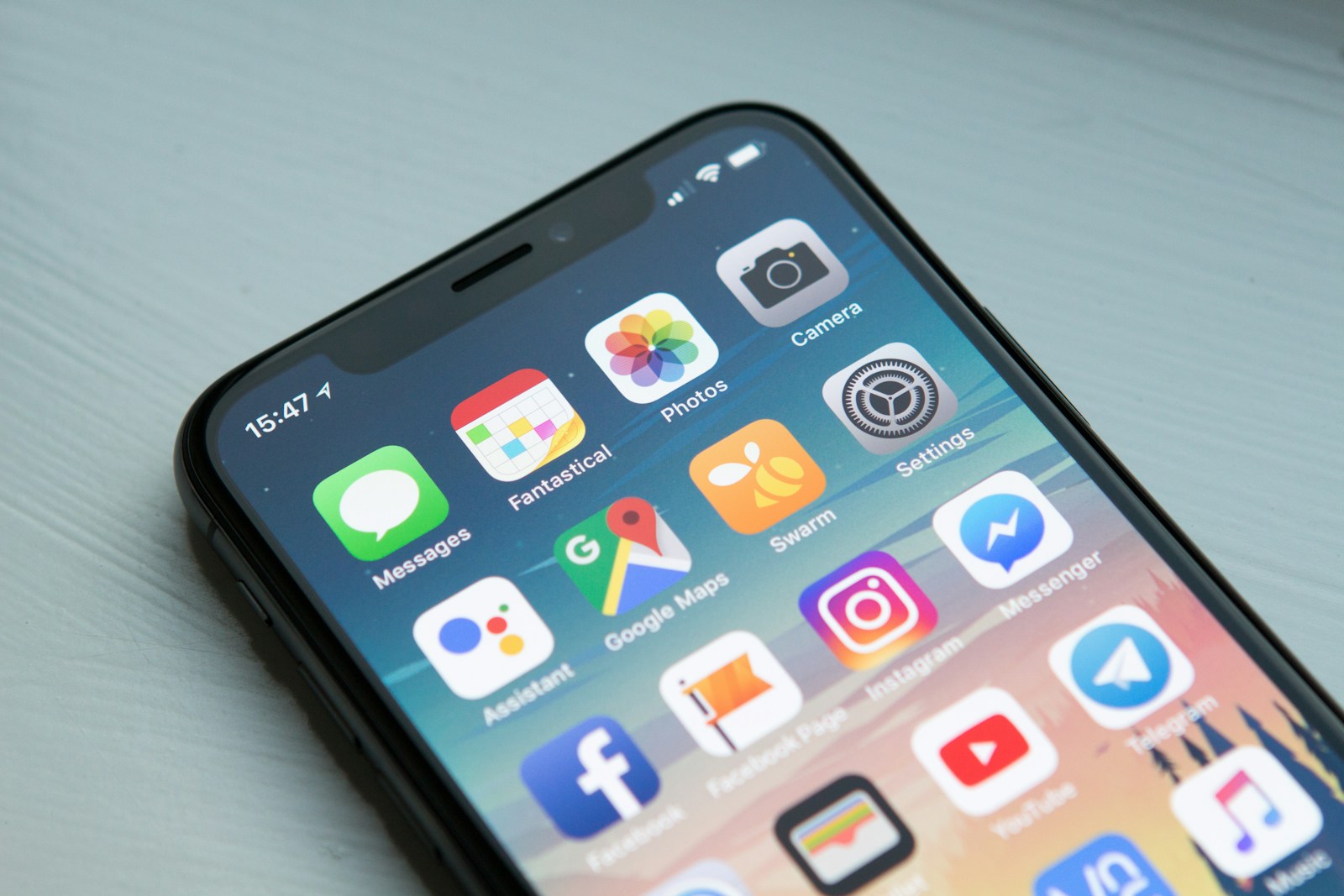Is iOS Still the Best?
No one recalls the name of the software engineer who worked on the first iteration of the iPhone or the UX designer who shaped an app, like Spotify, that became a global phenomenon.
You might cherish your iPhone every single day, but the team behind its creation don’t need to be technological prodigies—they simply need to be pretty good at their craft.
And, as time goes on, that keeps becoming more apparent with how tech works in our lives today.
The Role of iOS in Shaping Smartphones
iOS is often credited with transforming what mobile phones could be. Introduced in 2007 as the operating system behind the first iPhone, iOS was more than just software; it was a vision of what modern tech could offer. Fluid interactivity, intuitive design, and an ecosystem that just worked—all of these were staples that redefined the standards for a personal device.
But was this because the people at Apple were rare creative geniuses? Not entirely. Their ambition was a key factor, coupled with precise execution to shape the product we know today. Yet, the effort wasn’t about perfect individuals; it was about technology as a concept maturing alongside consumers. Great tech products emerge when their creators commit to the idea, persist, and—importantly—know when to step back and let the product speak for itself.
Features That Keep iOS Competitive
With every update, Apple introduces features that often make headlines. iOS consistently bolsters user experience with tools like Face ID for seamless security, iMessage for streamlined communication, or the simplistic integration between devices via the Apple ecosystem.
However, these innovations don’t always emerge in isolation. Android phones, for instance, routinely introduce features that push iOS to adapt and evolve. Widgets? Once an Android staple. Advanced customization options? They didn’t appear in iOS until recently. The best tech isn’t formed in isolation but emerges symbiotically—borrowing, iterating, and refining alongside competitors.
What Makes iOS Stand Apart?
For many users, iOS stands apart because of its consistency. It’s not the flashiest, but Apple’s commitment to user privacy, regular updates, and a dependable ecosystem keeps it ahead. There’s a commitment to craft here—to a philosophy that Apple clearly adheres to. But it’s also worth noting that the broader tech world constantly influences this tightly controlled ecosystem.
It’s not always about being first—you don’t have to be a revolutionary every time. Sometimes it’s about being solid, well-rounded, and delivering just enough refinement and usability to keep users hooked. That’s what Apple does best with iOS.
Is Being “The Best” Still Relevant?
Kevin Kelly, the technological thinker, often says that technology is less about us and more about its own evolution—a species growing alongside humanity’s needs. Whether iOS is “the best” depends on what someone values most in their tech experience: reliability, aesthetics, privacy, or cutting-edge evolution.
At this stage, no operating system, including iOS, is running away with outright dominance as “the best.” The lines between competitors blur as innovation continues to be iterative rather than revolutionary. But iOS continues to thrive for those deeply embedded in its ecosystem, trusting in its promise of controlled simplicity and reliability.
Ultimately, just as a childbirth expert isn’t the genius behind the life of a newborn, iOS isn’t the final form of what tech can deliver. It’s simply another step, refined by those who care enough to strive toward something better.
“`
